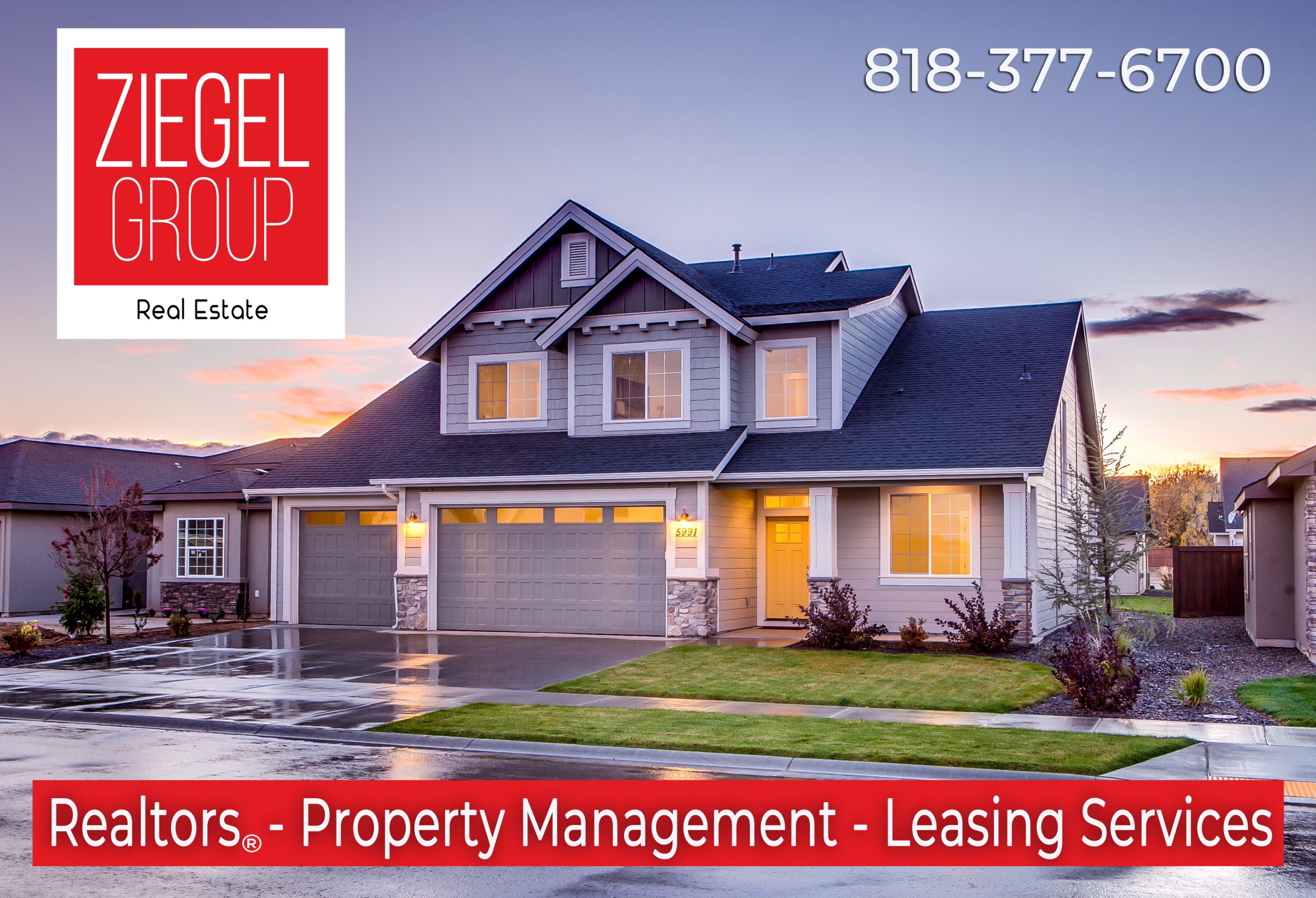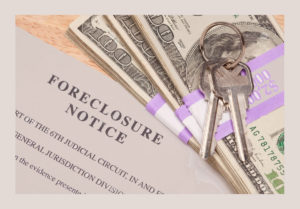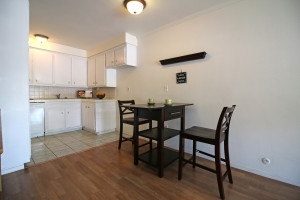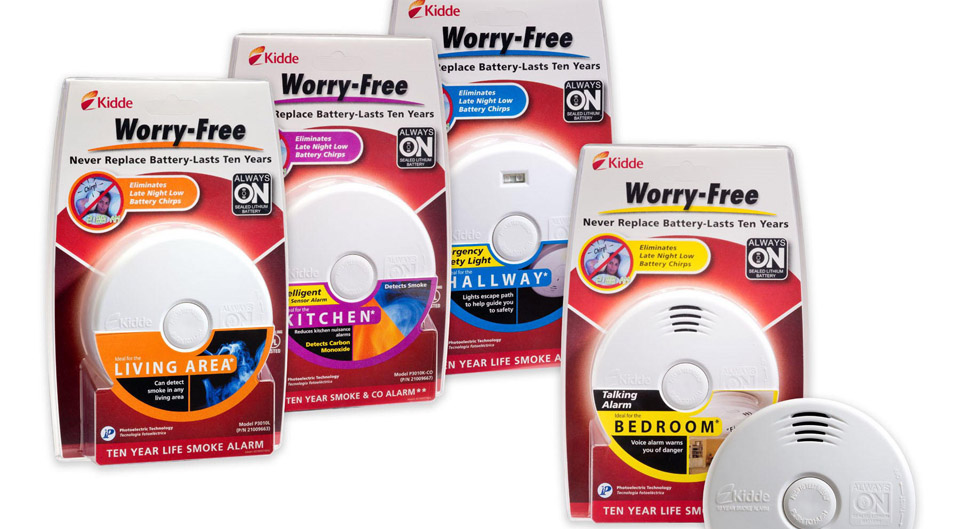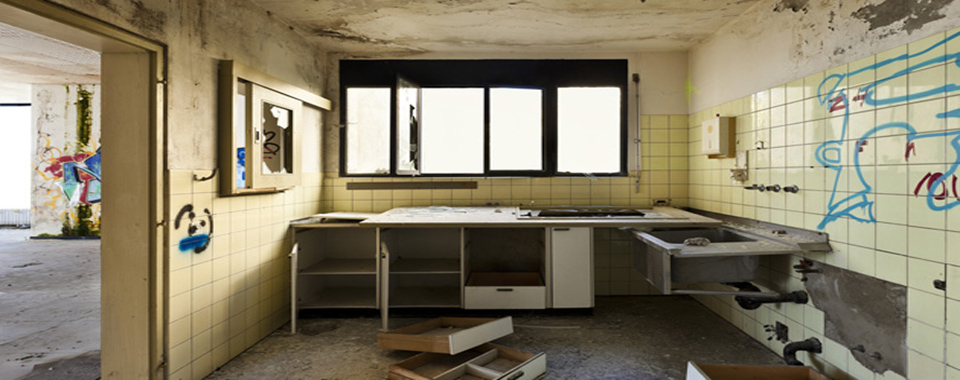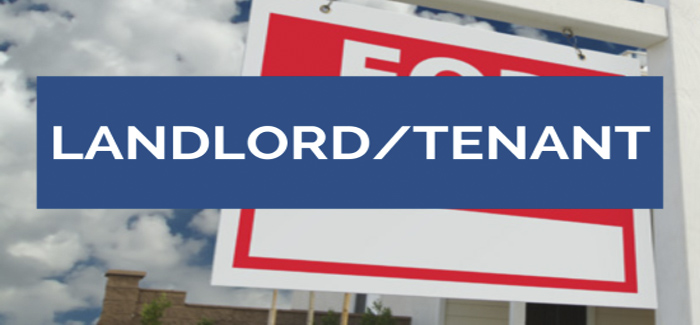If you ask any first-time investor or landlord to sum up their first year in a single word, it’s likely to be this: “overwhelming.” The first few months of owning a rental property bring a host of new challenges, from finding good tenants and responding to their needs to dealing with HOA fees and investment property maintenance. Unless you grab the proverbial reins and take steps to organize, plan, and adjust, you’re going to be stuck feeling like you just move from crisis-to-crisis.
It’s time to take charge. Property Management is the key! Here are three ways you can set yourself and your rental property up for sustained success: scheduling preventive maintenance, setting up an emergency fund, and becoming a quick-reacting owner.
Invest in Preventative Maintenance and Upkeep
Just like any home or condo, your rental property requires regular upkeep and care. This includes everything from lawn maintenance and landscaping to roof inspections and HVAC tune-ups.
Our recommendation? Start by creating an investment property maintenance checklist. Take note of everything the property needs throughout the year, and then divide the projects out into their appropriate seasons. For example, it makes the most sense to inspect gutters and downspouts in the fall, right before winter snow and ice are set to arrive. On your new checklist, differentiate between tasks you can complete yourself and those you’ll need a professional to complete. The annual roof inspection, for instance, is best left to a licensed roofer.
In any season, prioritize critical items. If nothing else, you’ll want to ensure that the property remains safe, secure, and habitable. That means its roof, HVAC systems, structure, and plumbing come first. Every property owner is going to have months where they’re unable to fully keep up with their rental’s maintenance needs. That’s life. As long as you take care of the essentials, you’re set.
This includes scheduling spring and fall HVAC tune-ups. Your property’s heating and cooling systems require annual maintenance from a certified, experienced technician. An HVAC tune-up greatly reduces the risk of a system breakdown. By scheduling annual maintenance every year, you can even extend the lifespan of the property’s HVAC systems, pushing out the eventual date you need to replace them. For their part, your renters will appreciate the added energy savings and comfort that a professional tune-up brings.
To protect the property’s roof, clean out gutters and downspouts in the fall. Leaf litter can clog these critical water channels, preventing moisture from leaving the roof. This can degrade shingles and eventually lead to roof leaks. Overhanging tree branches can also pose a threat to the roof structure, so make sure you or someone you’ve hired safely cuts those down before the next summer storm rolls into town.
Set Aside Money for Emergencies
Start by setting up a savings account specifically earmarked for your rental property. Many property owners put their monthly rental income directly into this account and pay for the property’s overhead—including the mortgage, HOA fees, maintenance costs, and more. They then “pay” themselves with some of what’s left, leaving a residual balance leaving a residual balance (also known as a property reserve or account reserve) squirreled away future, unforeseen expenses.
No matter how you slice it or set it up, it’s important to build a “rainy day” fund for your investment property. All homes, regardless of their age, location, or general condition, will inevitably need some form of emergency repair. It’s just part of the gig. Depending on the type and scope of the problem, it could mean you’re on the hook for thousands of dollars in repairs. Problems with the roof, foundation, structure, pipes, electrical wiring, or HVAC systems generally do not come cheap. The bank account you set up years ago and contributed to, through good times and bad, could be your saving grace when something goes wrong.
Just how much you need to save is a matter of nuance and debate. The common advice given to new homeowners (and property owners) is to set aside 1-2% of their home’s value every year for ongoing repairs and maintenance. That’s $2,500 annually for a home worth $250,000.
Like all generalizations, this approach has its flaws. First, there’s no actual connection between property value and property maintenance: the exact same house could be worth $700,000 in San Francisco and worth $100,000 in Omaha. With this approach, the San Francisco property owner would save too much, and the Omaha owner would save too little. Second, different homes have different needs. There are dozens of variables: the age of the home, the climate where you are, the number of stories, and more.
If you’re a new property owner who just needs a starting point, start with the 1-2% figure, but plan on making adjustments as you go and price things out. When in doubt, save more than less—especially in that first year. That extra cushion could be a lifesaver in an emergency.
Act Quickly in Times of Crisis
One of the challenges of dealing with a rental property is that you’re not there. Outside of infrequent inspections, you’re not seeing the water heater, listening to the air conditioner running, or noticing that back door sticking. As a property owner, you’re more-or-less reliant on your tenant to let you know when something goes wrong. This is one of the key reasons why you need to establish a clear line of communication with your renter.
If your renter feels uncomfortable contacting you, or feels as though their observations are ultimately ignored, they’ll be less likely to report small warning signs of impending problems. Let’s say they notice, one morning, that there’s water pooled under the water heater tank. The tank otherwise looks fine. If they have to call you and leave a voicemail, they may feel as though they’re bothering you over what is (likely) nothing. However, if you’ve given them your cell number, they might feel more comfortable sending you a quick text message to let you know what’s going on. You, knowing that a water heater leak is a common warning sign of a tank failure, thank them and call one of the emergency plumbers you picked out months ago.
That last part is critical: to keep the trust of your renter, you need to act quickly in dealing with emergency repairs. Procrastination gets you nowhere: not only does your renter feel betrayed, but the problem is likely to still be there or have worsened. Keep a cool head and bring in a professional.
Setting a Strong Foundation
Just like anything else, property management is something you’ll get better at as the years go by. When it comes to maintenance, dealing with renters, and marketing your property, there’s always more to learn. But, by following the three tips outlined above, you’ll set a strong foundation for your rental property’s future.
Courtesy of RentecDirect
